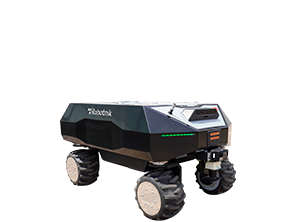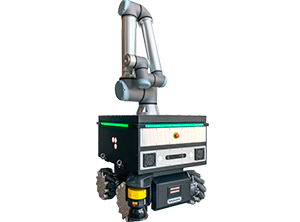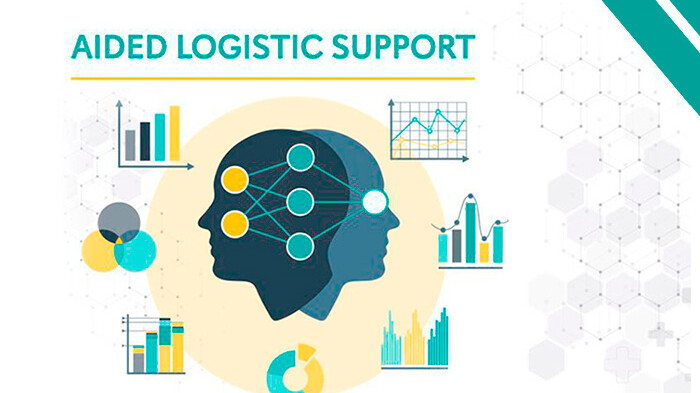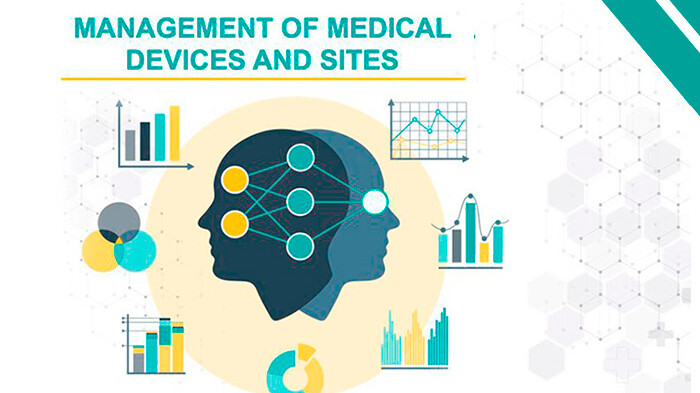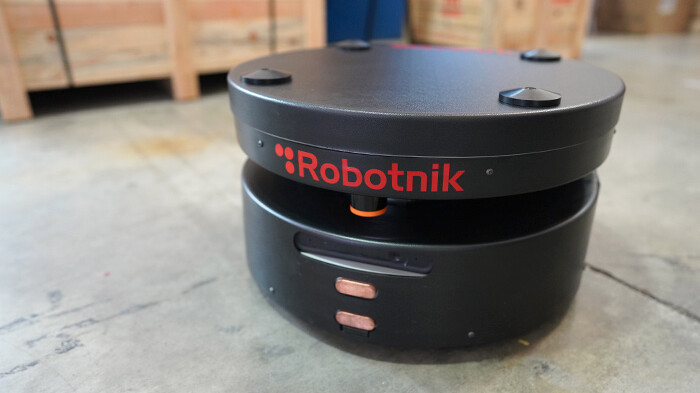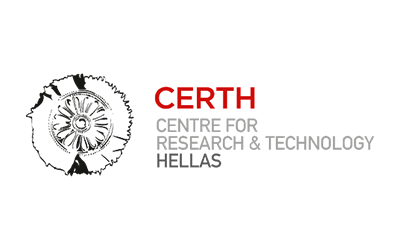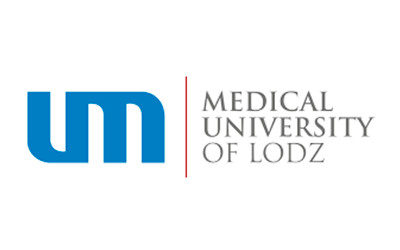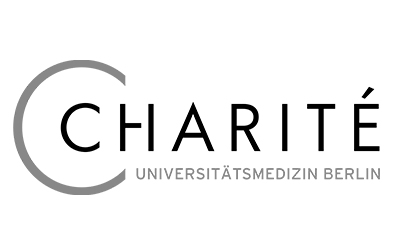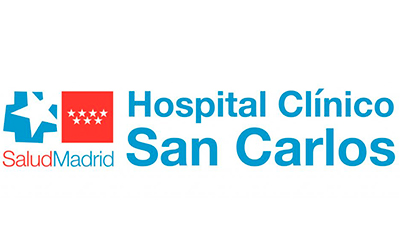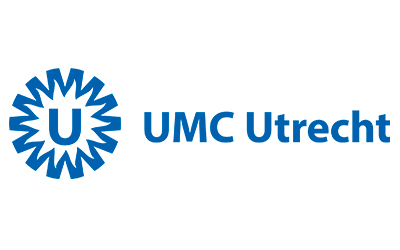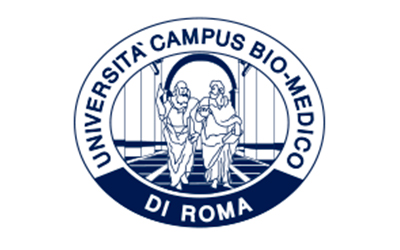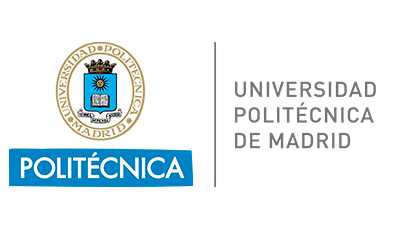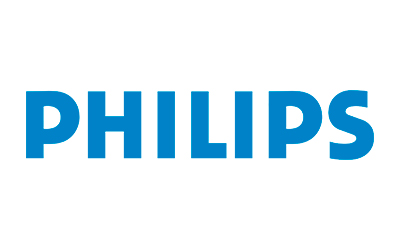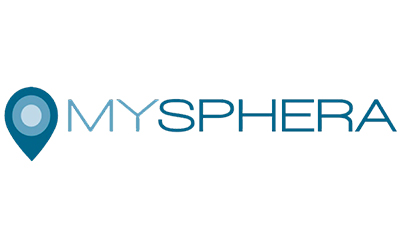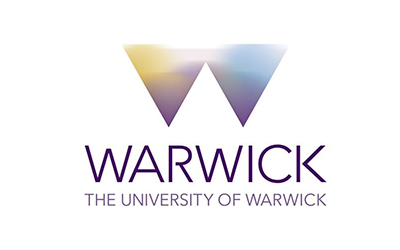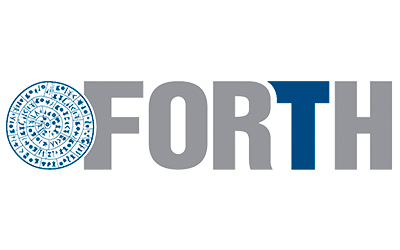ODIN
Leveraging AI based technology to transform the future of health care delivery in Leading Hospitals in Europe
Hospitals across Europe have been struggling to cope under the enormous pressure caused by the COVID-19 pandemic. One of the biggest challenges has been increasing the capacity of intensive care units. In this context, the EU-funded ODIN project has identified 11 hospital care challenges that can be addressed by combining robotics, IoT and AI. For instance, autonomous and collaborative robots can reduce the workload on overstretched hospital staff.
The robots can provide a range of assistance services – from clinical to logistic. The project’s overall goal is to pave the way for data-driven procedures and management in healthcare.
The main challenges that will be addressed with the project are:
● The optimization of resources by using shared data collection.
● The increase of the patient and staff safety by means of tools and robots that prevent the exposure to risky areas. The regulatory standards will be followed and focused to improve the efficiency of energy consumption. With the use of various technologies for surveillance, there will be an improvement the overall hospital security. Robots will be also used for an increasing patient satisfaction, by assisting and motivating.
● There will be a reduction in the unneeded hospital stays by means of the latest technologies in IoT support services and rehabilitation robots increasing the planning possibilities of the hospital. By using robots for standard healthcare logistic tasks, the wait time will be reduced and the Staff/Patient time can be increased allowing a growth in trust and confidence.
● The integration of IoT and other Industry 4.0 technologies will enable more targeted communication and reduce indirect expenses related to it. One of the project’s main objectives is to increase the hospital resiliency and capability to adapt their health offering in case of disaster, like COVID by integrating new technologies in logistics, transport and communication.
ROBOTNIK IN THE PROJECT
Robotnik will support the entire ODIN Consortium for the robotics activities and their integration in the healthcare environment, in particular concerning human modeling. Besides, Robotnik will strongly support the Software platform integration and the pilot sites commissioning and evaluation.
Robotnik will develop a prototype with the help of the different partners that will be integrated in the different pilot sites of the Project, the hospitals: UCBM (Italia), UMCU (Netherland) CHB (Germany) HUSC (SERMAS Spain), MUL (Poland) and AMIE (France).
Robotnik’s activities will enable the development, integration and preliminary testing of:
● Perception systems at hospital-level.
● Multi-sensing platforms for patient care support at homes.
● Artificial Intelligence an IoT architectures and algorithms at robotics level.
● Robotic logistic solutions for smart supply chain.
● Robots for intra-operative logistics.
● Robotic systems for patient care support at hospital
● Robots for services and reception support at day care unit.
● Robots for patient care support at homes.
The robot will be manufactured with a modified standard mobile base of Robotnik, the RB-1 BASE. This will include an attached module in charge of transportation and monitoring of intra-hospital goods. The robot will include teleoperation, IoT communication, autonomous obstacle avoidance and detection, smart behaviors, data analysis, high autonomy and reliability. These factors are fundamental for a proper functioning in the healthcare sector and to enhance the Smart Hospital development.
More projects
